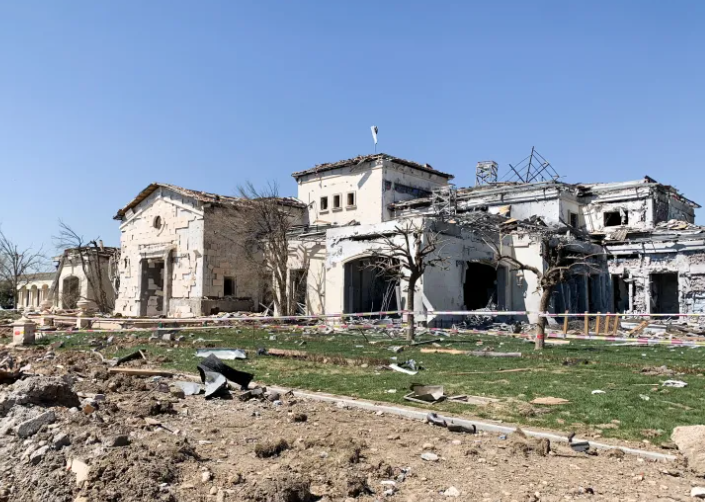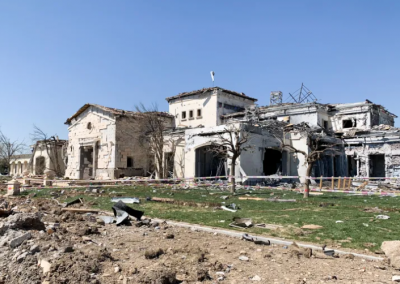Iraqi Prime Minister Mohammed Shia Al-Sudani hosted business leaders and politicians to showcase improvements in security and financial conditions in Iraq at a dinner in the Swiss ski resort of Davos this week. Two attendees told Reuters that just as the exclusive event was concluding, news reached some guests that Iran had launched ballistic missiles at what it described as an "espionage headquarters" for Israel in Erbil, the capital of Iraq's Kurdistan region. One guest, who requested anonymity as the dinner was closed to the media, said, "Some people at the dinner were checking to see if their homes had come under fire."
The strikes carried out by the Islamic Revolutionary Guard Corps in the oil and gas-rich region were seen as a direct intervention by Iran, raising concerns about the widening conflict between Israel and the Palestinian resistance movement (Hamas) in the Middle East. Although Iran's allies, Hezbollah in Lebanon and Houthi militants attacking ships in the Red Sea off Yemen, have intervened in the war that began in October, Tehran has expressed a desire to avoid war with Israel.
However, for some at the World Economic Forum, which focused on three conflict zones involving Iran, the missile attack on Iraq highlights Iran's desire to have a role in shaping the resolution in Gaza. A senior source familiar with Tehran’s thinking told Reuters, “Iran wants a seat at the table,” explaining that its actions aim to grant it a voice and influence over decisions related to conflicts and to prevent the U.S. and Israel from determining the final outcome.
Vali Nasr, a Middle East expert at Johns Hopkins School of Advanced International Studies, said in Davos, “The fundamental question is, ‘How will Iran, Hezbollah, and the Houthis end this game?’ They do not want Israel and the U.S. to dictate the pace of the war in Gaza.” He added, “Escalation by one side is a deterrent to the other side.”
Iranian Foreign Minister Hossein Amir-Abdollahian, the only official representative of the Islamic Republic at Davos, said on Wednesday that attacks by the “Resistance Axis” on Israel and its interests would cease if the war in Gaza ended. UN Special Envoy for Syria Geir Pedersen expressed great concern during a session on the Middle East at the World Economic Forum two days after the strikes, stating, “I think we are witnessing an escalation.” Pedersen, who was named on the Iranian Foreign Ministry’s website as one of the senior officials Amir-Abdollahian would meet in Davos, said, “I believe that the Iranians do not want further escalation... I think they are playing with fire.”




